Hidden Brain
Why do I feel stuck? How can I become more creative? What can I do to improve my relationships? If you’ve ever asked yourself these questions, you’re not alone. On Hidden Brain, we help you understand your own mind — and the minds of the people around you. (We're routinely rated the #1 science podcast in the United States.) Hosted by veteran science journalist Shankar Vedantam.
The Path to Enough

This week, we bring you the second part of our 2023 conversation on the perils of too much pleasure. Psychiatrist Anna Lembke explains the neuroscience behind compulsive consumption. She also shares techniques she’s learned from her patients to overcome the lure of addictive substances and behaviors. Then, Anna responds to your questions and comments on everything from dopamine fasts to kids' use of cell phones in our segment "Your Questions Answered."
If you missed the first part of this episode, listen to it here.
Looking for the perfect holiday gift for the Hidden Brain fan in...
The Paradox of Pleasure
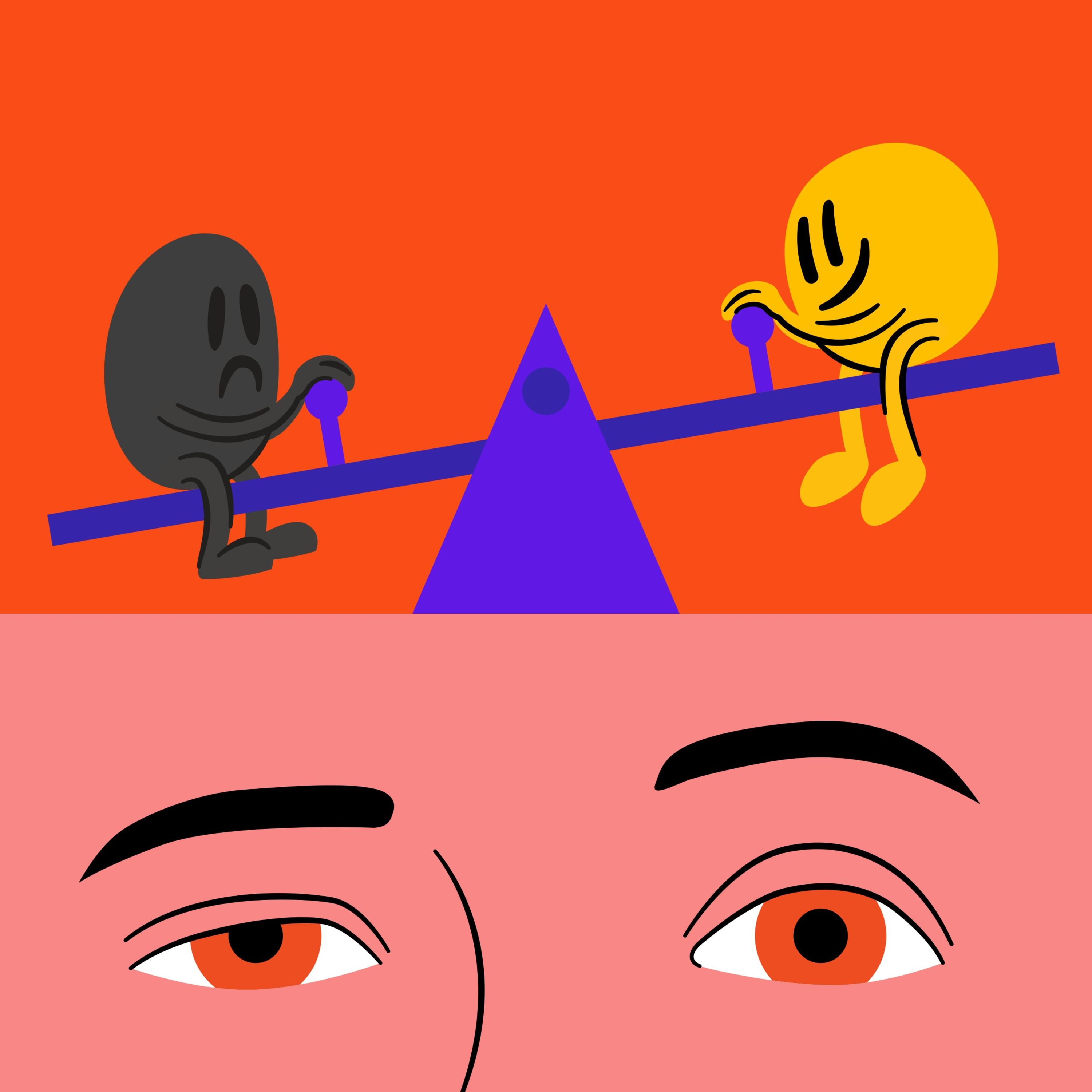
All of us think we know what addiction looks like. It’s the compulsive consumption of drugs, alcohol, or nicotine. But psychiatrist Anna Lembke argues that our conception of addiction is far too narrow — and that a broader view might help us to understand why so many people are anxious and depressed. This week, we revisit a 2023 episode that remains of the most popular in the history of our show. We'll explore how and why humans are wired to pursue pleasure, and all the ways the modern world tempts us with addictive substances and behaviors.
Looking for the...
Murder Mystery
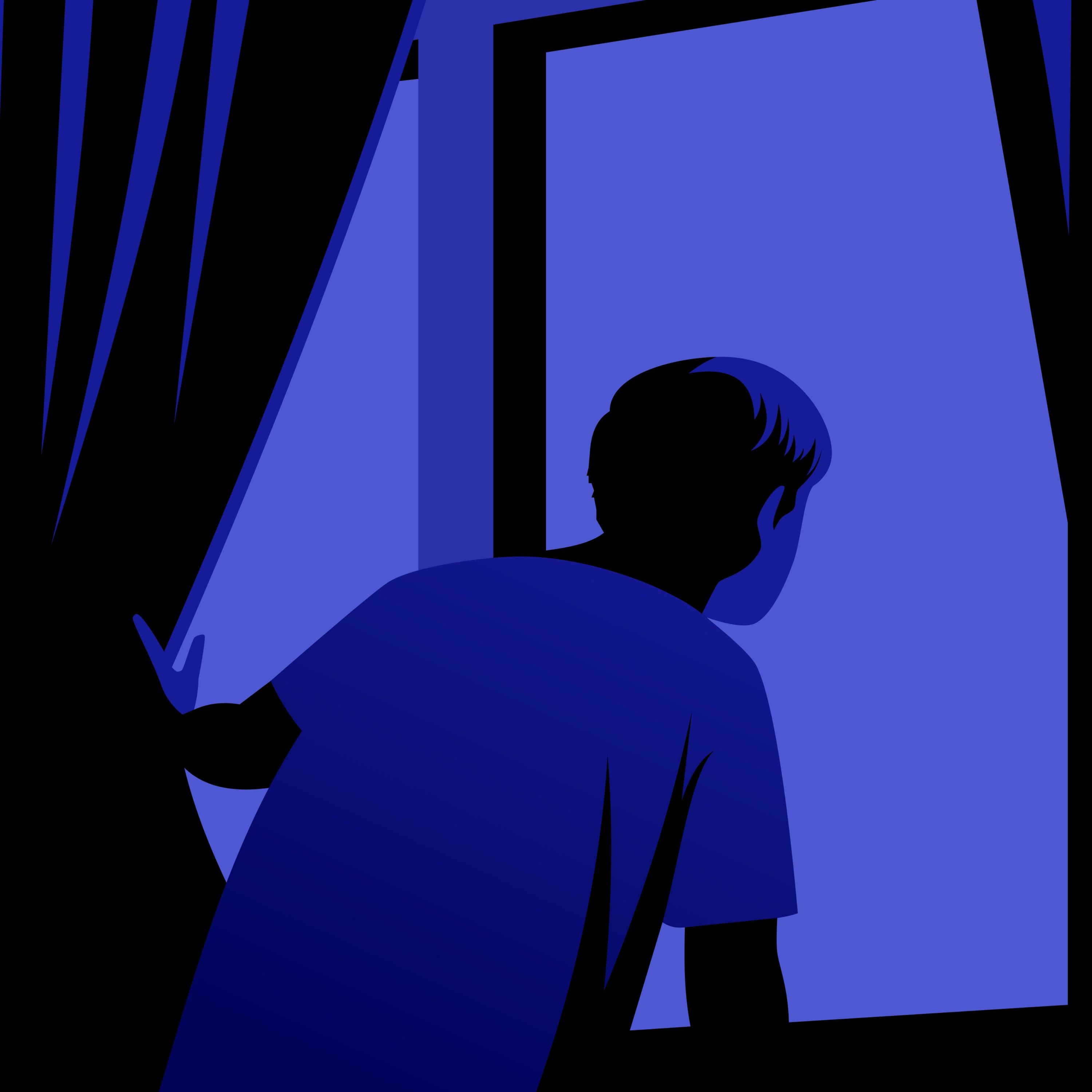
Why are so many of us drawn to horror, gore, and true crime? Why do we crane our necks to see the scene of a crash on the highway? Psychologist Coltan Scrivner says that our natural morbid curiosity serves a purpose. We talk with Coltan about our fascination with tales of murder and mayhem, and what this tendency reveals about our minds.
In this episode, you'll learn:
*Why there's often a surge of interest in scary entertainment after a violent or tragic incident in the real world.
*The potential evolutionary roots of our c...
Parents: Keep Out!

If you’re a parent or a teacher, you’ve probably wondered how to balance play and safety for the kids in your care. You don’t want to put children in danger, but you also don’t want to rob them of the joy of exploration. This week, we revisit a favorite conversation with psychologist Peter Gray. We'll talk about why independent play is so important to a child's development, and answer listeners' questions about the role parents, schools, and neighborhoods can play in giving kids more autonomy.
In this episode, you'll learn:
*The skills that...
The Power of Family Stories
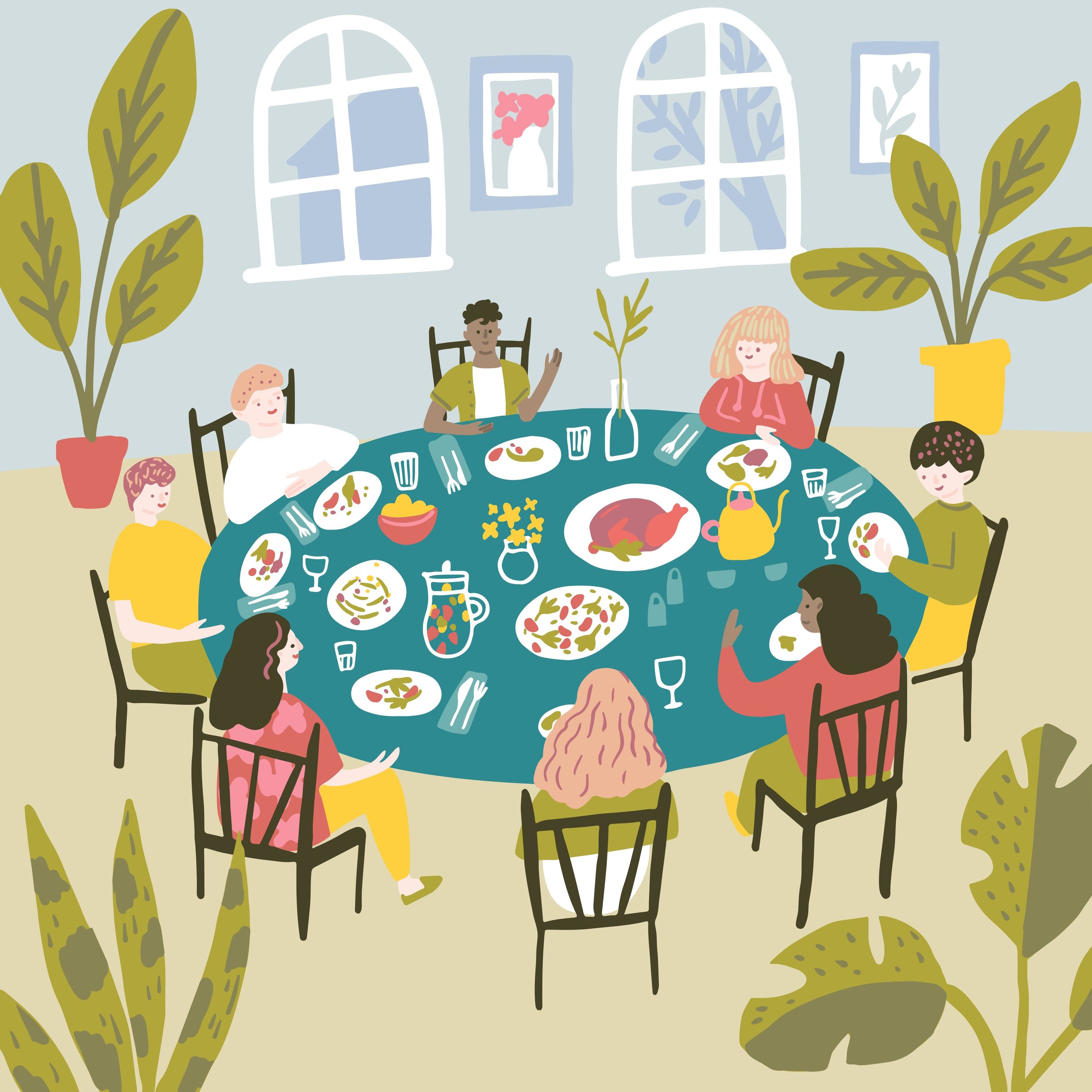
There’s a tradition around many Thanksgiving dinner tables that’s as consistent as pumpkin pie: the family stories that get told year after year. Sometimes these stories are funny; sometimes they make us roll our eyes. No matter how we feel about them, we rarely pause to consider how these stories shape who we are and how we view the world. This week, we revisit a favorite 2024 conversation about family storytelling with psychologist Robyn Fivush. Then, in a new installment of "Your Questions Answered," Massimo Pigliucci answers listener questions about Stoicism, and why this ancient philosophy continues to reso...
Why Following Your Dreams Isn't Enough
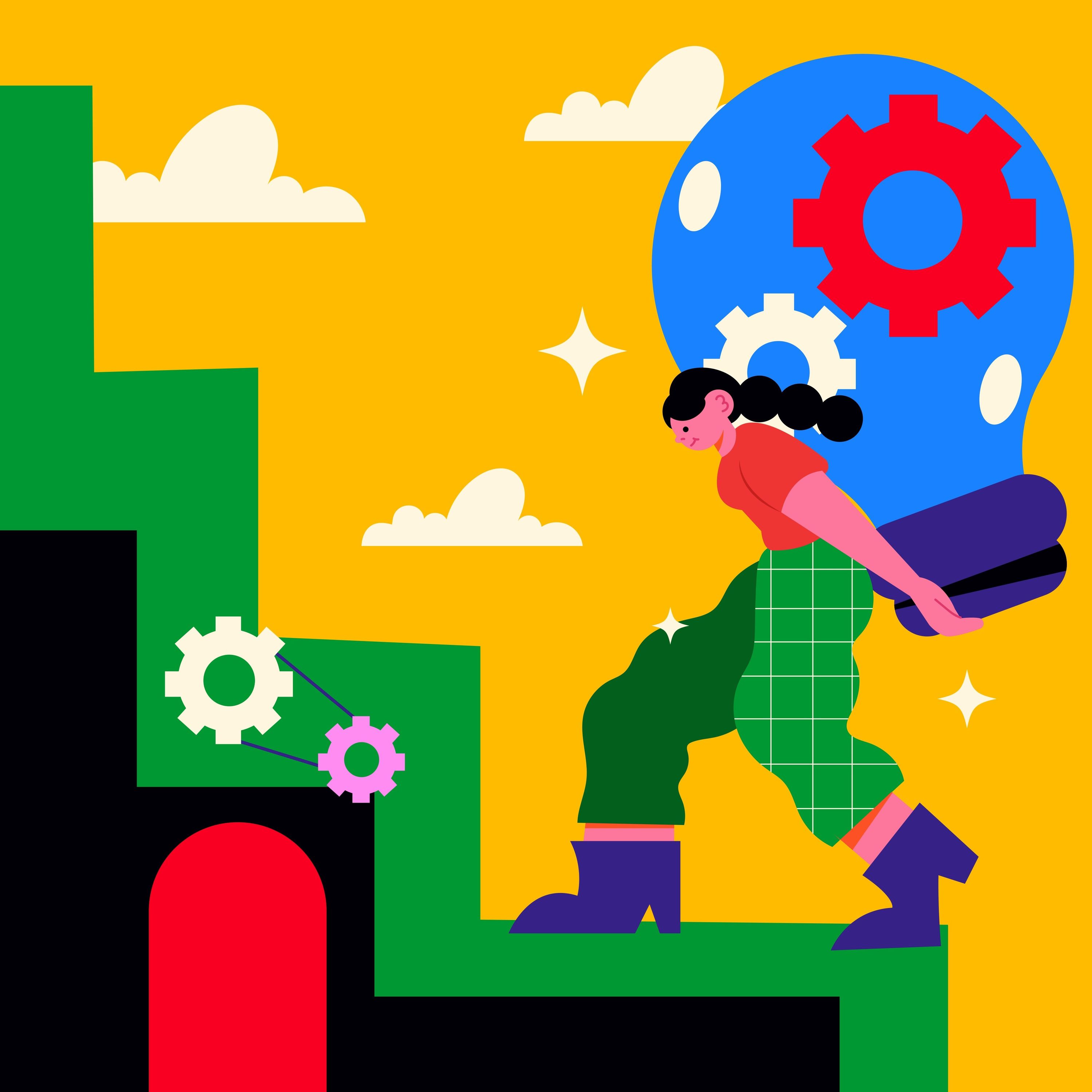
Entrepreneurs typically have no shortage of passion, heart, and vision. But at Stanford University, Huggy Rao says there are other elements that may matter more when it comes to whether their projects succeed or fail. This week, we'll examine how this problem shapes not just individual lives, but organizations and businesses, and even public policy. Then, in the latest installment of "Your Questions Answered," sociologist Robb Willer answers listener questions about how to navigate political differences with the people in your life.
The Los Angeles stop on our live tour is almost here! Join Shankar November 22 as he...
How Nature Heals Us
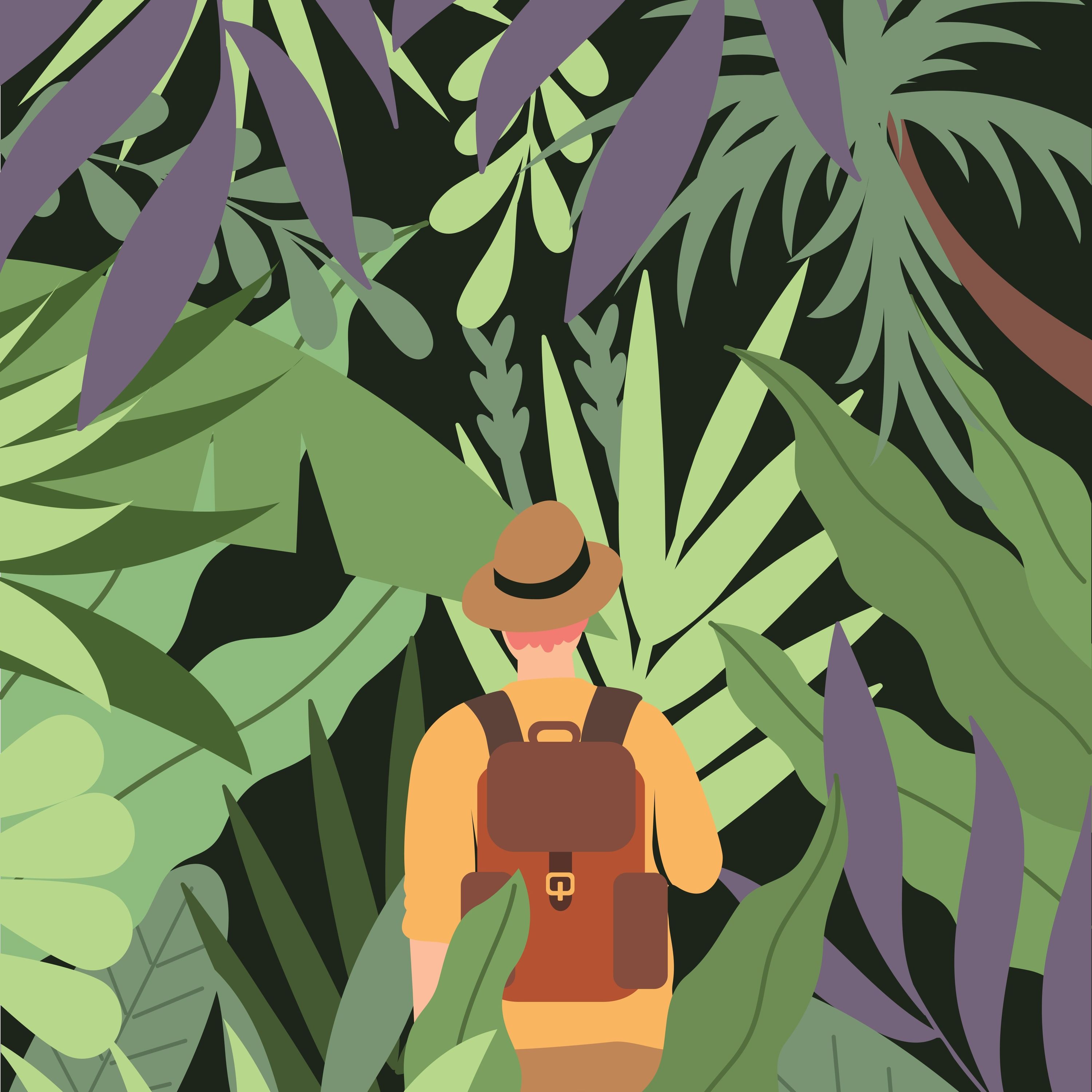
We've known intuitively for centuries that spending time in nature can give us a boost. But it’s only recently that scientists have begun to identify exactly what it is about the outdoors that has such a powerful effect on our mood and our minds. This week, psychologist Marc Berman explores how spending time in nature can actually undo some of the harmful effects of our modern lives.
Do you have follow-up questions, comments, or stories about nature's effect on the mind after listening to this episode? If you'd be comfortable sharing your thoughts with the Hidden Br...
Reframing the Battle of Wills
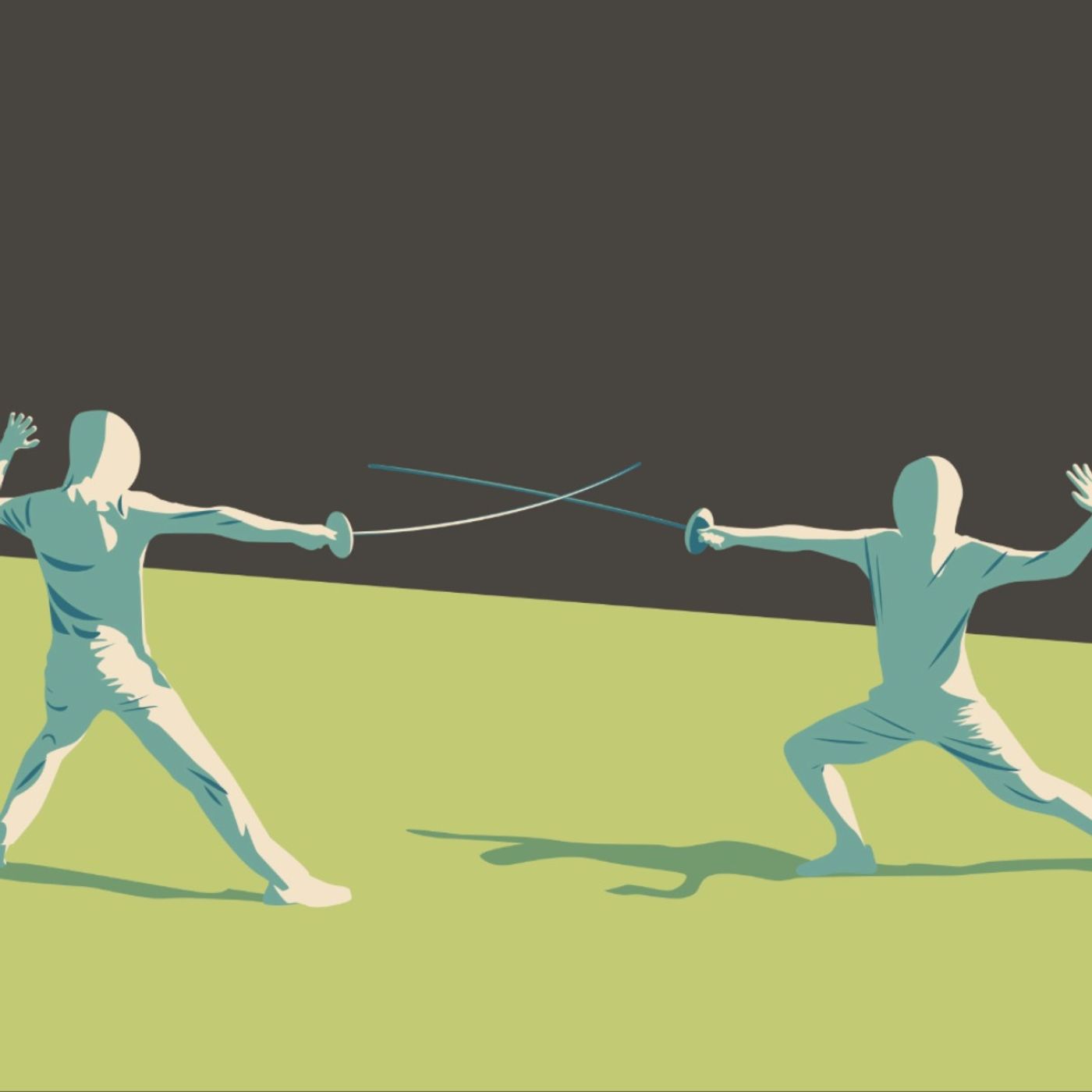
It can be frustrating when people do things we don't want them to do. A friend cancels plans at the last minute. A child refuses to get dressed for school. Before long, our resentment builds, and we're tempted to issue more rules, reminders, and consequences. But the techniques we use to get people to alter their behavior are often strikingly ineffective. This week, psychologist Stuart Ablon explains why these methods fail, and offers better ways to help the people we care about make lasting change..
If you love Hidden Brain, join us for an upcoming live show...
Love 2.0: How to Move On
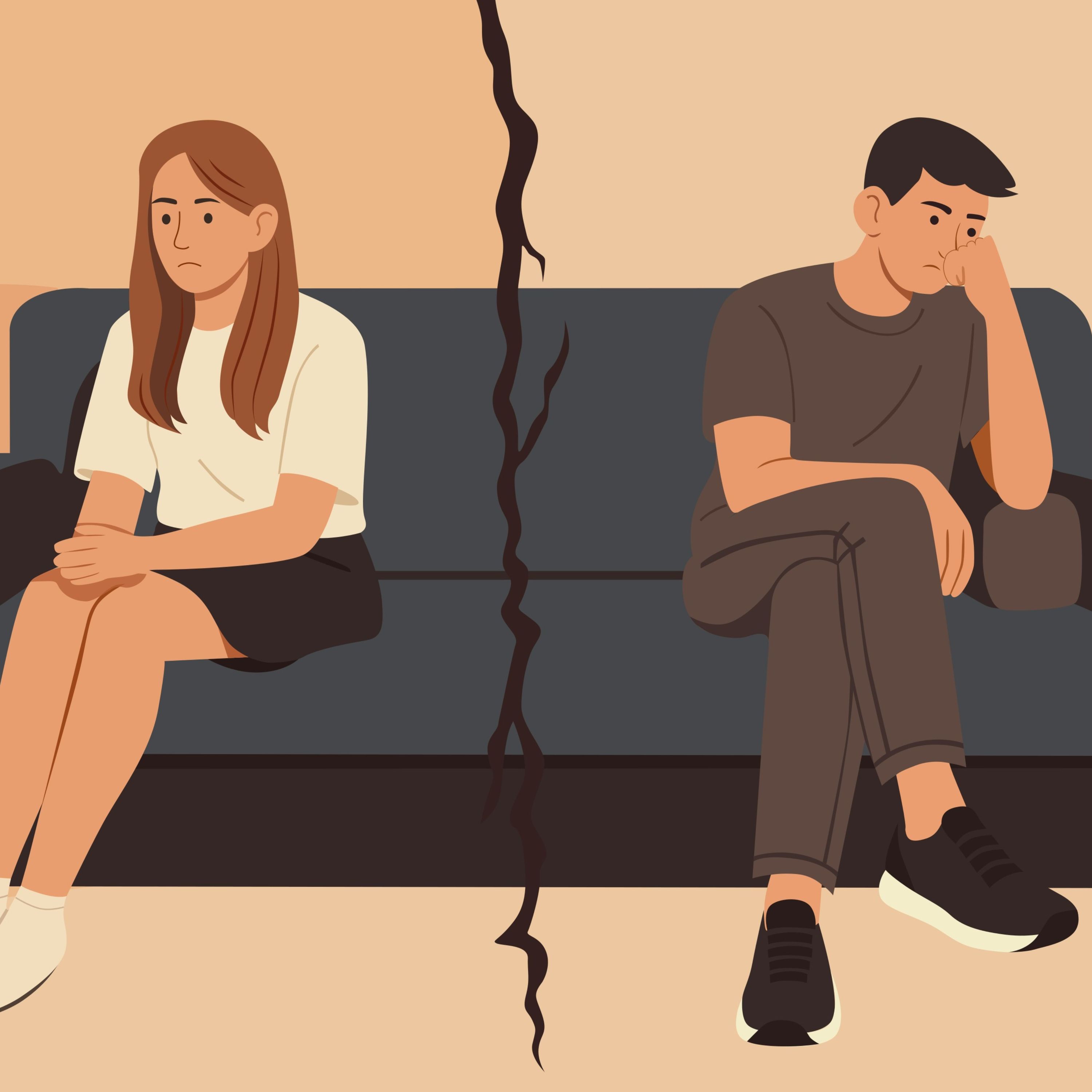
For many of us, navigating the conclusion of a relationship is one of the hardest things we'll ever do. This week, we conclude our Love 2.0 series with psychologist Antonio Pascual-Leone, who shares the most common mistakes we make when it comes to splitting up, and techniques that can help us ease the pain. Then, our latest edition of Your Questions Answered. Cognitive scientist Phil Fernbach returns to respond to listeners' thoughts and questions about the "illusion of knowledge."
Do you have questions for Antonio Pascual-Leone about breakups? Are there losses that have left you feeling stuck? Have y...
Love 2.0: Reimagining Our Relationships

No one will deny that marriage is hard. In fact, there’s evidence it’s getting even harder. This week on the show, we revisit a favorite episode about the history of marriage and how it has evolved over time. We talk with historian Stephanie Coontz and psychologist Eli Finkel, and explore ways we can improve our love lives — including by asking less of our partners. Then, on Your Questions Answered, psychologist Jonathan Adler answers your questions about the science of storytelling.
If you have follow-up questions or thoughts about these ideas, and you’d be willing to share...
Love 2.0: How to Fix Your Marriage, Part 2
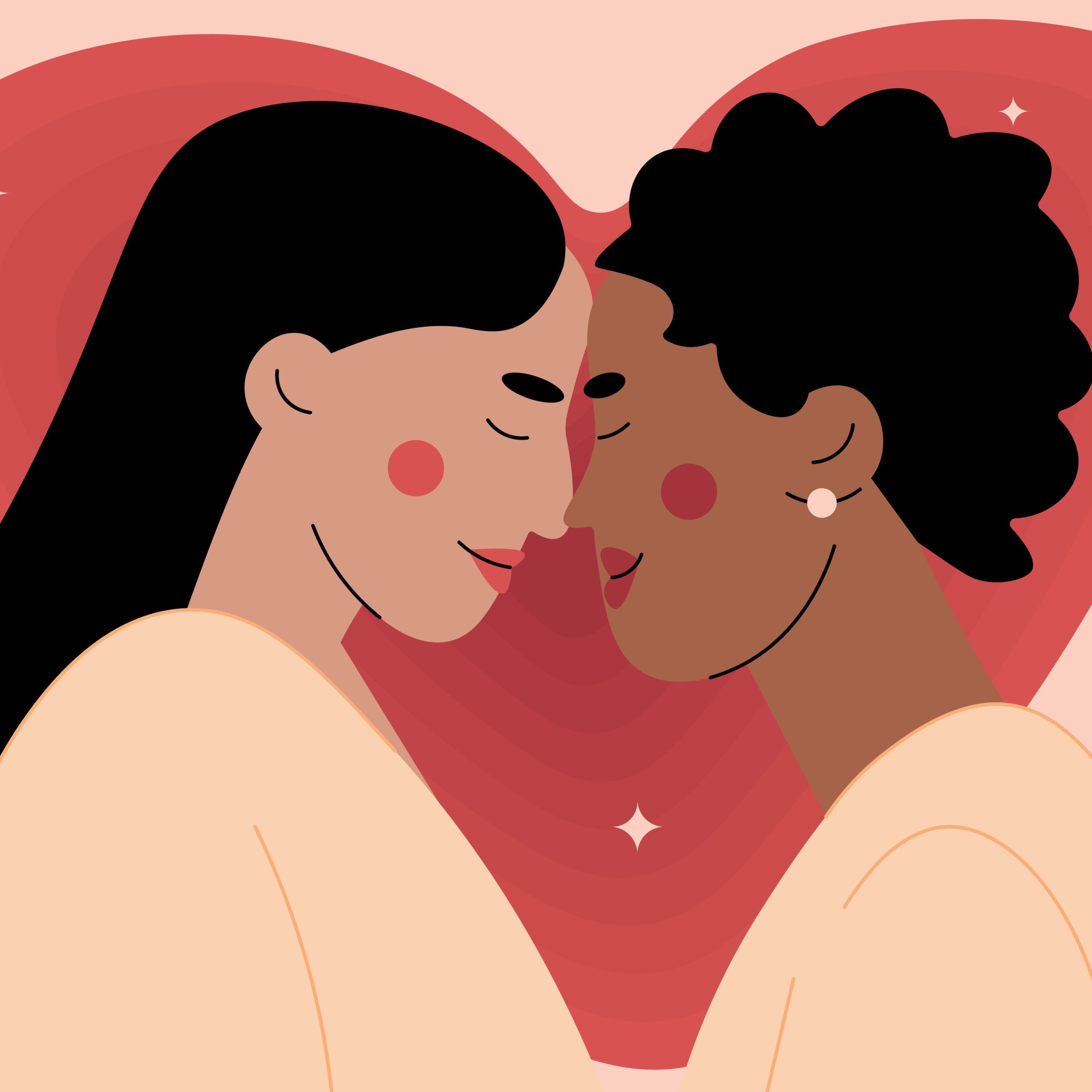
When things go wrong in our relationships, we often try to change the way our partners behave. But usually, trying to fix a person only makes things worse. Last week, we talked to psychologist James Cordova about why this tendency can be so damaging, and what to do instead. This week, we explore another difficult but effective way to strengthen our relationships. Then, on Your Questions Answered, we bring back researcher Victor Strecher, who studies purpose. Vic spoke with us in June about the death of his daughter, and how it changed his own outlook on purpose. That conversation...
Love 2.0: How to Fix Your Marriage, Part 1
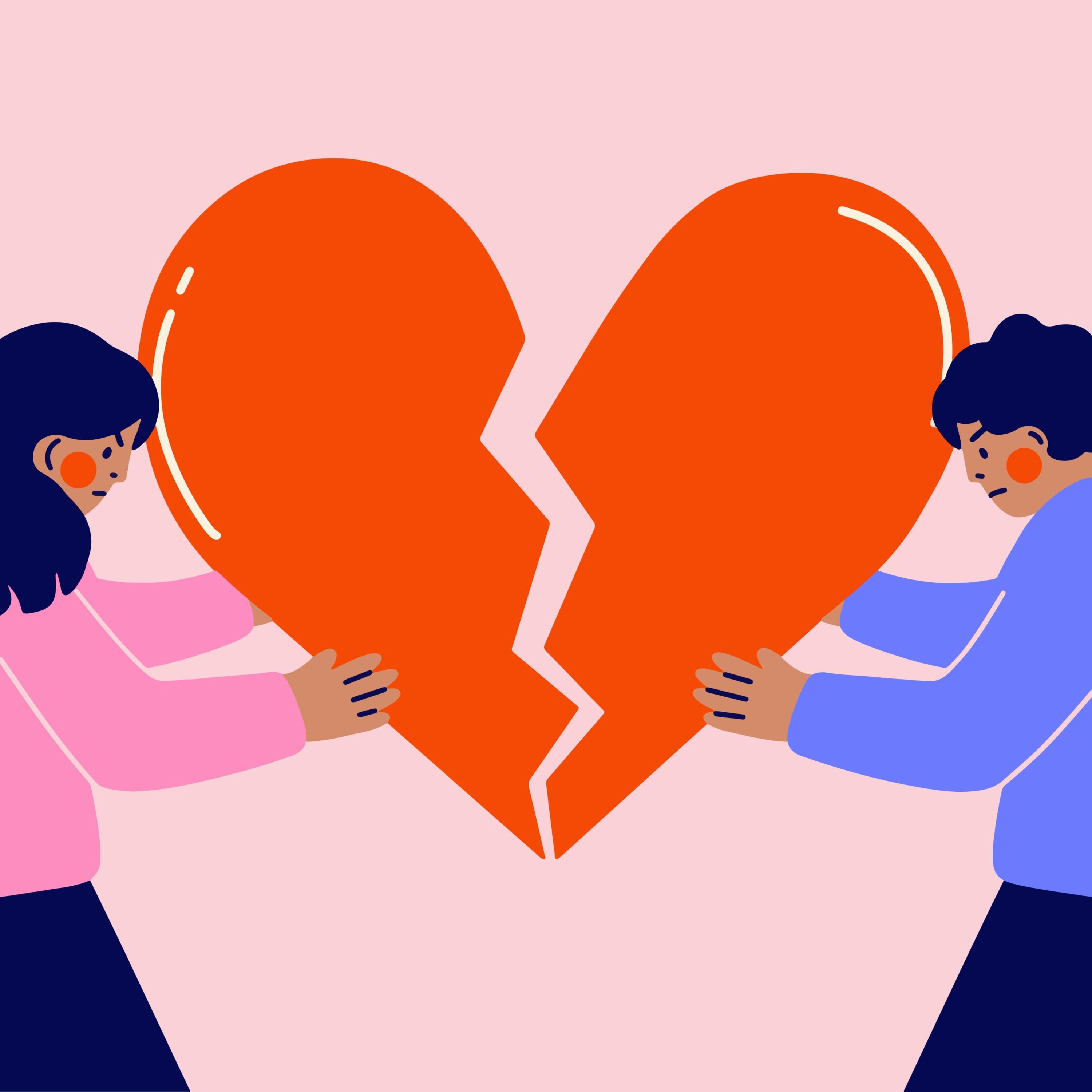
Many love stories end when the characters are still in the heady, euphoric early stages of a relationship. But what comes after that intoxicating first phase of love is over? Today, we kick off a new series on the challenges specific to long-term relationships. We'll talk with psychologist James Cordova about some of the common difficulties many couples face. We'll also look at a solution that scientific research suggests might actually work. Then, we'll bring you the latest installment of our segment Your Questions Answered. Researcher Jon Jachimowicz returns to respond to listeners' thoughts about the pursuit of passions.
Passion vs. Paycheck
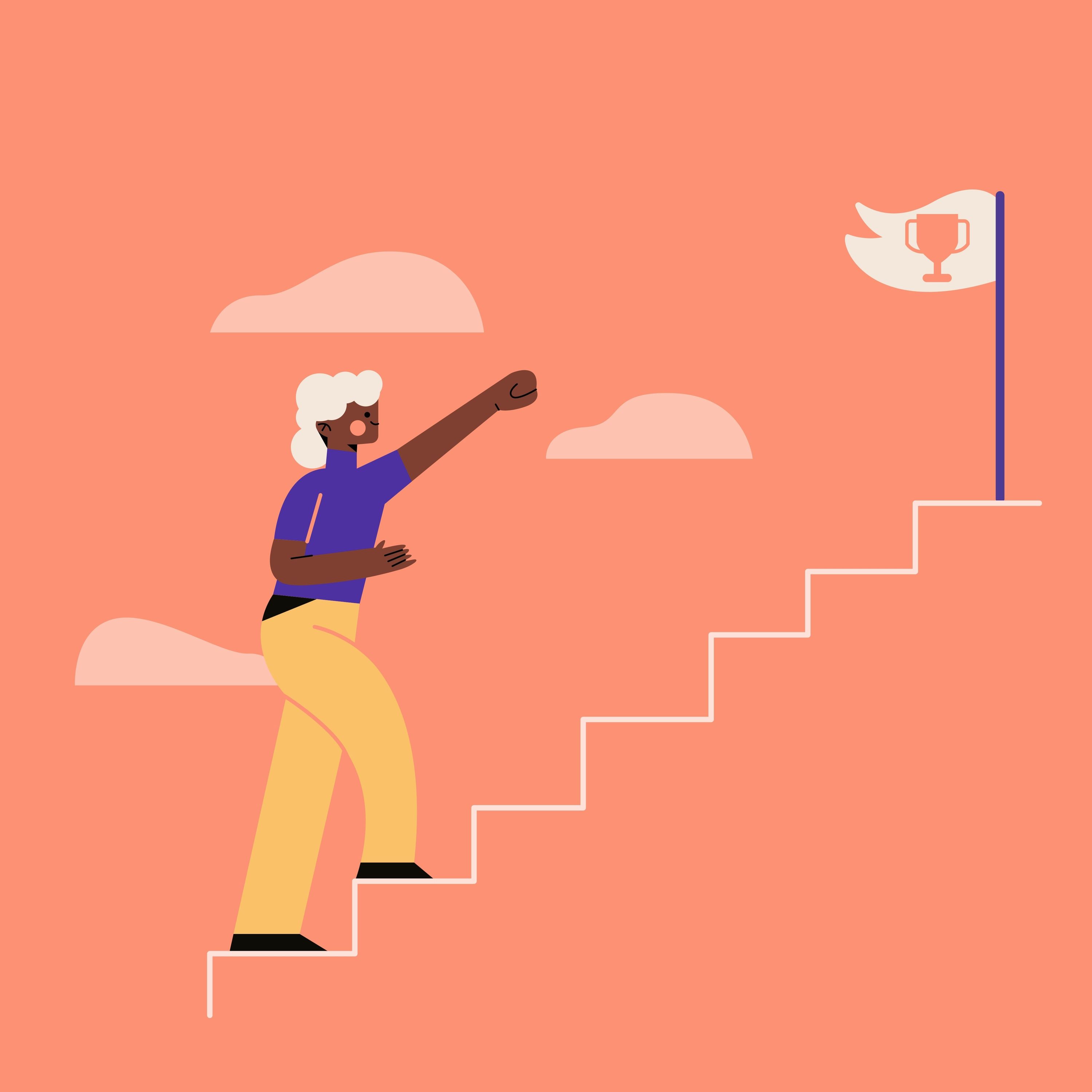
The idea of being driven by a calling goes back centuries. It was the language used to describe religious people who were called to the priesthood. Today, millions of people in secular professions yearn to be similarly galvanized by their work. This week, researcher Jennifer Tosti-Kharas explores the immense power — and the downsides — of finding a job that gives you purpose.
Do you have follow-up questions or stories that you’d like to share with Jennifer Tosti-Kharas? Have you found a calling that gets you up in the morning each day? Are you a skeptic of callings, or do...
It's Not My Fault!
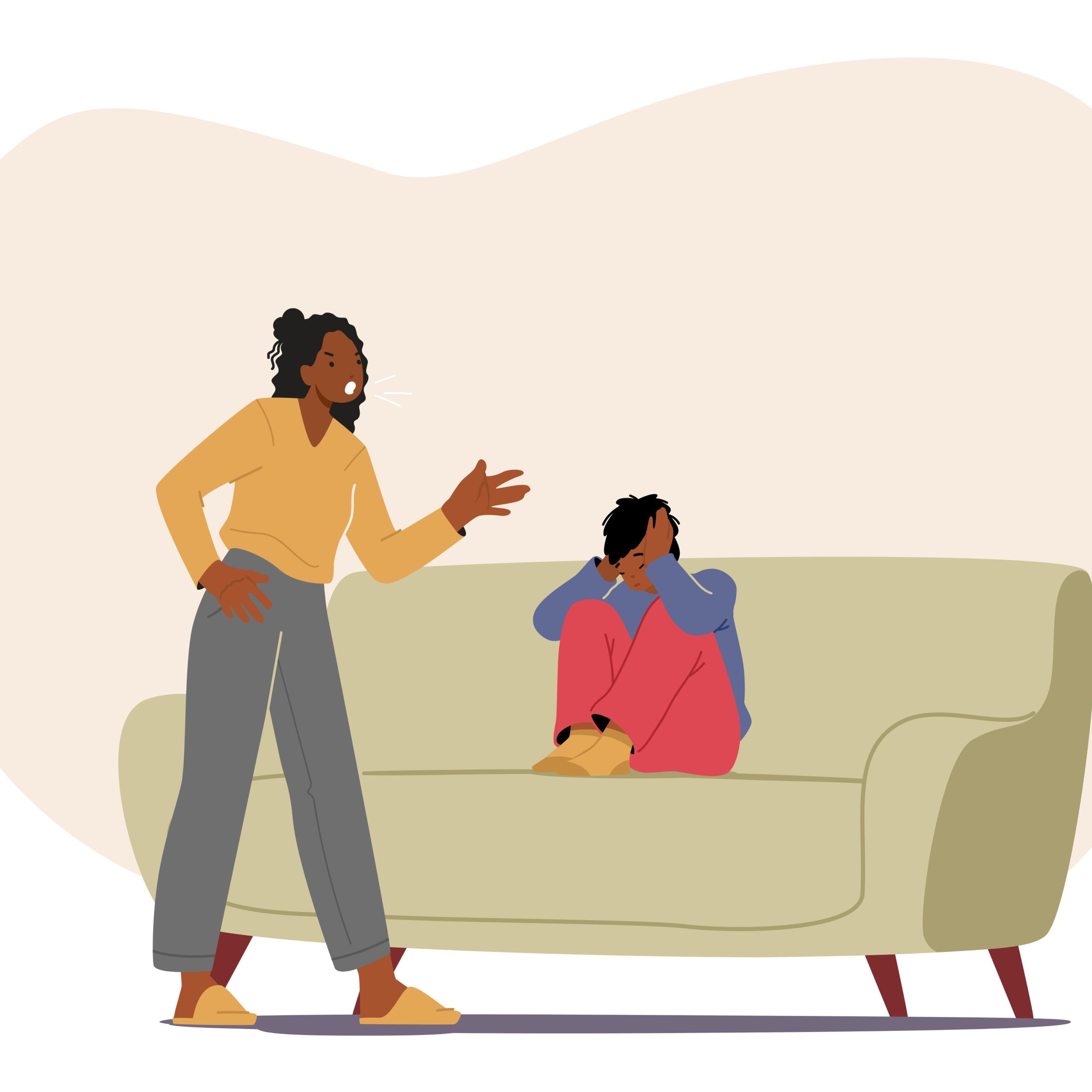
It's not easy for most of us to receive negative feedback. Even when the person delivering that feedback is constructive and reasonable, we often feel the urge to defend ourselves. This week, we look at the psychology of defensiveness with neuroscientist Emily Falk. We'll explore what causes so many of us to resist constructive criticism, and how we can get better at giving and receiving such feedback. Then, in the latest installment of our ongoing series "Your Questions Answered," psychologist Ciara Greene returns to the show to answer your questions about memory and forgetfulness.
If you have...
Winning the Battle Against Yourself

Many of us have been raised to believe that if we want to get something done, we just need to set our minds to it. Where there's a will, there's a way, right? Yet somehow we end up polishing off that pint of ice cream in the freezer, or spending more than our budget allows. It's almost as if we're not the ones in charge. This week, we talk with psychologist and neuroscientist Emily Falk about why our minds often conspire against our best interests, and how we can regain control.
Do you have follow-up questions or t...
Escaping Perfectionism

Perfectionism is everyone’s favorite flaw. It’s easy to assume that our push to be perfect is what leads to academic, athletic, and professional success. But how do we distinguish between high standards and unrealistic expectations? This week, we bring you a favorite conversation with psychologist Thomas Curran. He says perfectionism has a dark side, and that there are much healthier ways to strive for excellence. Then, we bring you the latest edition of our segment "Your Questions Answered." Sociologist Allison Pugh returns to the show to respond to listener questions about connective labor — the work of seeing anothe...
The Trauma Script
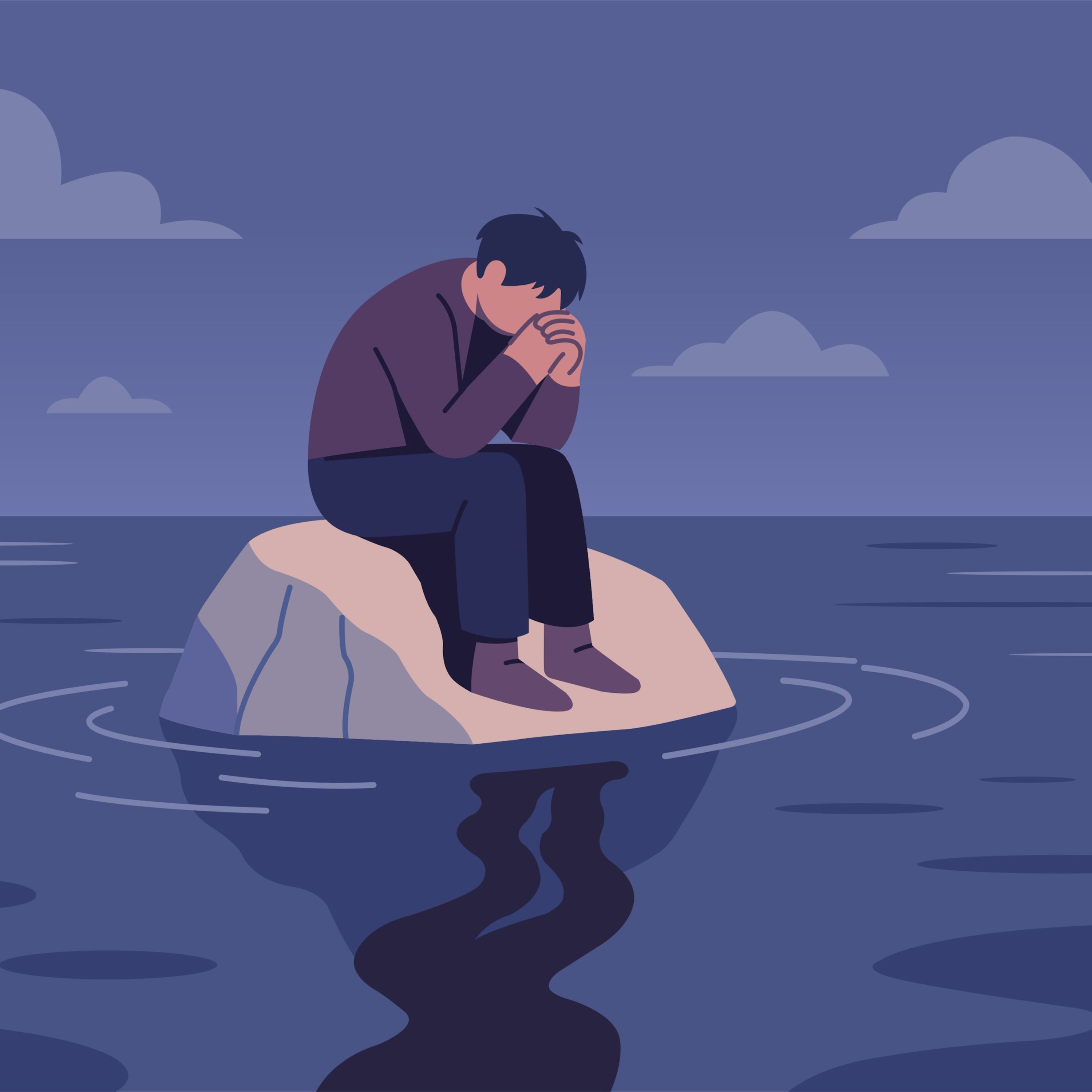
When tragedy strikes, it’s natural to be devastated. But psychologist George Bonanno finds that many of us recover from life’s blows more quickly than we might expect. This week, we talk with Bonanno about his research and why it has changed how many scientists think about trauma and resilience.
Do you have follow-up questions or comments after listening to this episode? If you’d be willing to share your thoughts with the Hidden Brain audience, please record a voice memo on your phone and email it to us at ideas@hiddenbrain.org. Use the subject line “...
How Our Brains Learn
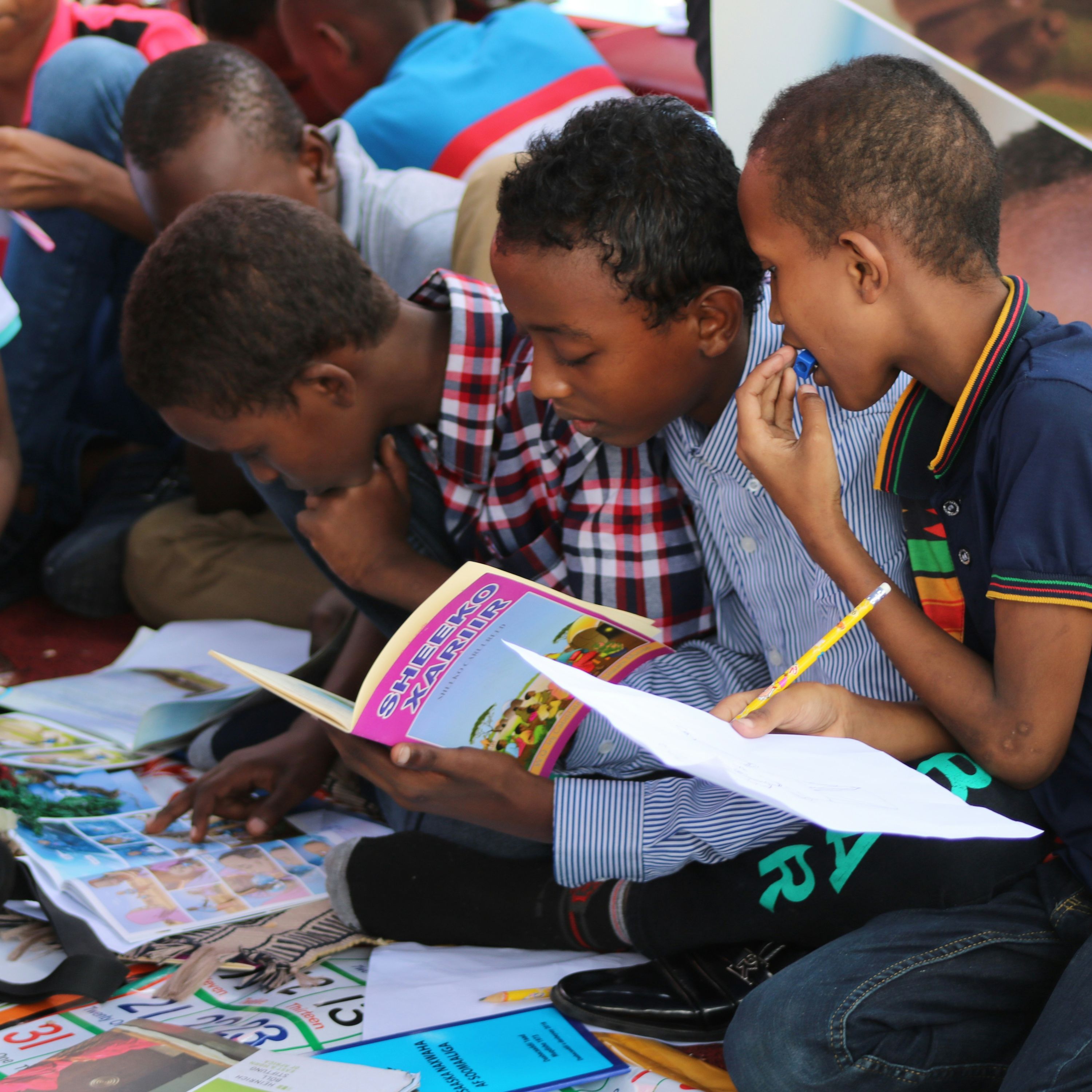
Have you ever fallen asleep in school or during a work meeting? Maybe you felt your eyes glaze over as your boss or a teacher droned on and on about a topic that had no relevance to you. What's missing from these classrooms and conference rooms is engagement: A state of being absorbed, alert, and eager to learn. This week, psychologist and neuroscientist Mary Helen Immordino-Yang explores why so many of us feel apathetic at school and at work, and how to cultivate the magic of engagement.
Do you have follow-up questions or comments after listening to...
The Best Years of Your Life

Aging isn’t just a biological process. Our outlooks and emotions also change as we age, often in ways that boost our well-being. This week, we revisit a favorite conversation with psychologist Laura Carstensen, who helps us unpack the science behind this surprising finding, and shares what all of us can learn from older people. Then, as part of our ongoing series "Your Questions Answered," we revisit our follow-up chat with Laura, who responds to listeners' thoughts and questions and shares more of her research on what it means to live well as we age.
Come see Sh...
Radical Kindness

Why do some people risk their own lives to help another person, or give away their fortunes for the benefit of strangers? This week, we talk with psychologist and neuroscientist Abigail Marsh, who studies the science of altruism. We'll explore what's known about the brains of people who perform acts of remarkable selflessness, and how the rest of us can learn to be more like them.
Do you have follow-up questions, comments, or stories about altruism and generosity after listening to this episode? If you'd be comfortable sharing with the Hidden Brain audience, please record a voice m...
You 2.0: Change Your Story, Change Your Life

We all tell stories about ourselves, often without realizing we’re doing so. How we frame those stories can profoundly shape our lives. In our latest You 2.0 episode, we bring you a favorite conversation with psychologist Jonathan Adler. He shares how to tell our stories in ways that enhance our wellbeing. Then, Max Bazerman answers your questions about the science of negotiation.
Do you have follow-up questions or ideas that you’d like to share after listening to our conversation with Jonathan Adler? How do you tell the story of your life, and how does that shape the w...
You 2.0: The Wisdom of Stoicism

What does it mean to be stoic? Many of us assume it means you have a stiff upper lip, or that you suppress your emotions. That's what Massimo Pigliucci thought — until he started to peruse a book called Meditations. It was written nearly two thousand years ago by the Roman Emperor Marcus Aurelius. But Massimo, now a philosopher, says Meditations, and Stoic philosophy more broadly, offer wisdom that continues to speak to our lives. This week, we explore Stoic ideas and what they tell us about a life well lived.
Do you have follow-up questions and ideas abo...
You 2.0: The Path to Contentment + Your Questions Answered on Conversations

Many of us believe that hard work and persistence are the key to achieving our goals. But is that true when it comes to the pursuit of happiness? This week, we revisit a conversation with psychologist Iris Mauss, who explains why happiness can seem more elusive the harder we chase it, and what we can do instead to build a lasting sense of contentment. Then, we bring you the latest edition of our segment "Your Questions Answered." Behavioral scientist Alison Wood Brooks answers listener questions on how to be a better conversationalist — from what to do when the other pe...
You 2.0: The Passion Pill

You’ve probably heard the saying, “Do what you love, and you’ll never work a day in your life.” The idea is that pursuing your passion will feel invigorating — almost magical. But passions can easily wane over time. This week, behavioral scientist Jon Jachimowicz looks at how to keep our passions alive, and how to channel old passions into new pursuits.
Do you have follow-up questions for Jon Jachimowicz, or ideas that you'd like to share after listening to this episode? If you'd be willing to share them with the Hidden Brain audience, please record a voice memo...
You 2.0: What Is Your Life For?

What should you do with your life? There's no one-size-fits-all answer to that question. But there are scientifically-tested methods that can help you to feel more in harmony with yourself and the world. This week, and in a companion conversation for Hidden Brain+, researcher Victor Strecher explores the science of creating a life full of meaning. It's the kickoff to our annual You 2.0 series, which this year will focus on purpose and passion. If you’ve reached the midpoint of the year and you’re feeling adrift, alone, or burned out, this series is for you.
Do you h...
Win Hearts, Then Minds + Your Questions Answered on Identity and "Covering"

There’s a saying that’s attributed to the Dalai Lama: in the practice of tolerance, one’s enemy is the best teacher. It’s a nice idea. But when people don’t share our values, it’s hard for us to tolerate theirs. This week, we bring you a favorite episode with sociologist Robb Willer. We discuss the common mistakes we make in trying to persuade others of our point of view — and how to break out of our echo chambers. Then, Kenji Yoshino answers your questions about how we hide our true selves.
In this week’s show, y...
Doing it the Hard Way

Learning to play a musical instrument is hard. So is trying to run a marathon, writing a term paper, and caring for a sick child. These things involve frustration, pain, and disappointment — yet we do them anyway. This week, in part two of our look at the allure of suffering, psychologist Michael Inzlicht explains what we get from doing things that are difficult, and why the things we think will make us happy often do not.
Hidden Brain is hitting the road this summer! Join Shankar in a city near you as he shares key insights from th...
Ouch! That Feels Great

We generally think of pain as something to be avoided. But psychologist Paul Bloom says that as much as we're wired to avoid suffering, we also seek it out. This week, we begin a two-part mini series about the curious pleasure we take in certain forms of pain.
Hidden Brain is about to go on tour! Join Shankar in a city near you as he shares key insights from the first decade of the show. For more info and tickets, go to https://hiddenbrain.org/tour/.
Hosted by Simplecast, an AdsWizz company. See p...
The Price of Revenge

Revenge often feels sweet, but what price do we pay for seeking it out? Researcher James Kimmel, Jr. proposes a radical theory: our desire for vengeance operates like an addiction in the brain. This week, how “revenge addiction” plays out in our everyday lives — and on a global scale.
Hidden Brain is about to go on tour! Join us as Shankar shares seven key insights he's learned from the show over the past decade. To see if we're coming to your city, and to purchase tickets, go to hiddenbrain.org/tour.
Hosted by Simplecast, an AdsWi...
Do I Know You? (A Hidden Brain-Revisionist History special on facial recognition)

Have you ever encountered someone who clearly knows you, but you have no idea who they are? This week, we feature a classic Hidden Brain episode about people on opposite ends of the facial recognition spectrum. Then, in the second part of the show, we bring you another perspective on facial recognition from the Revisionist History podcast. Host Malcolm Gladwell struggles with identifying faces, while producer Lucie Sullivan is exceptional at it.
Hidden Brain is about to kickoff a nationwide tour! Join Shankar as he shares seven key insights from the first decade of the show. To...
How Much Do We Really Know?

You probably know someone who thinks they know more about something than they really do. But you could never be described that way . . . could you? This week, cognitive scientist Phil Fernbach explains the "illusion of knowledge" — the fact that we think we understand the world in much greater detail than we actually do. He'll explore why this happens, and how to close the gap between what we know and what we think we know.
Hidden Brain is about to go on tour! Join Shankar in a city near you as he shares key insights from the first dec...
Forget About It!

Forgetting something — whether it's a colleague's name or where we put our keys — can be deeply frustrating. This week, psychologist Ciara Greene helps us explore the science of forgetting. We look at why our minds hold on to some memories for a lifetime, but discard others within seconds. And we grapple with a question many people ask themselves: Is my forgetfulness a sign that something is wrong with me?
In this episode, you'll learn about:
*The neurological underpinnings of memory
*Why forgetting is a core part of how our minds work
*Why th...
How to Harness Your Feelings

Do you feel like you control your emotions, or do your emotions control you? What scientists call "emotion regulation" turns out to be one of the most important life skills we can possess. It's essential in dealing with setbacks, in balancing risks and rewards, and in maintaining successful relationships. This week, psychologist Ethan Kross explores the growing and fascinating science of managing our emotions. He explains why our feelings so often go astray, and shares insights into how to reel them back in.
In this episode, you'll learn:
*How to coach yourself through emotionally intense...
Relationships 2.0: Keeping Love Alive
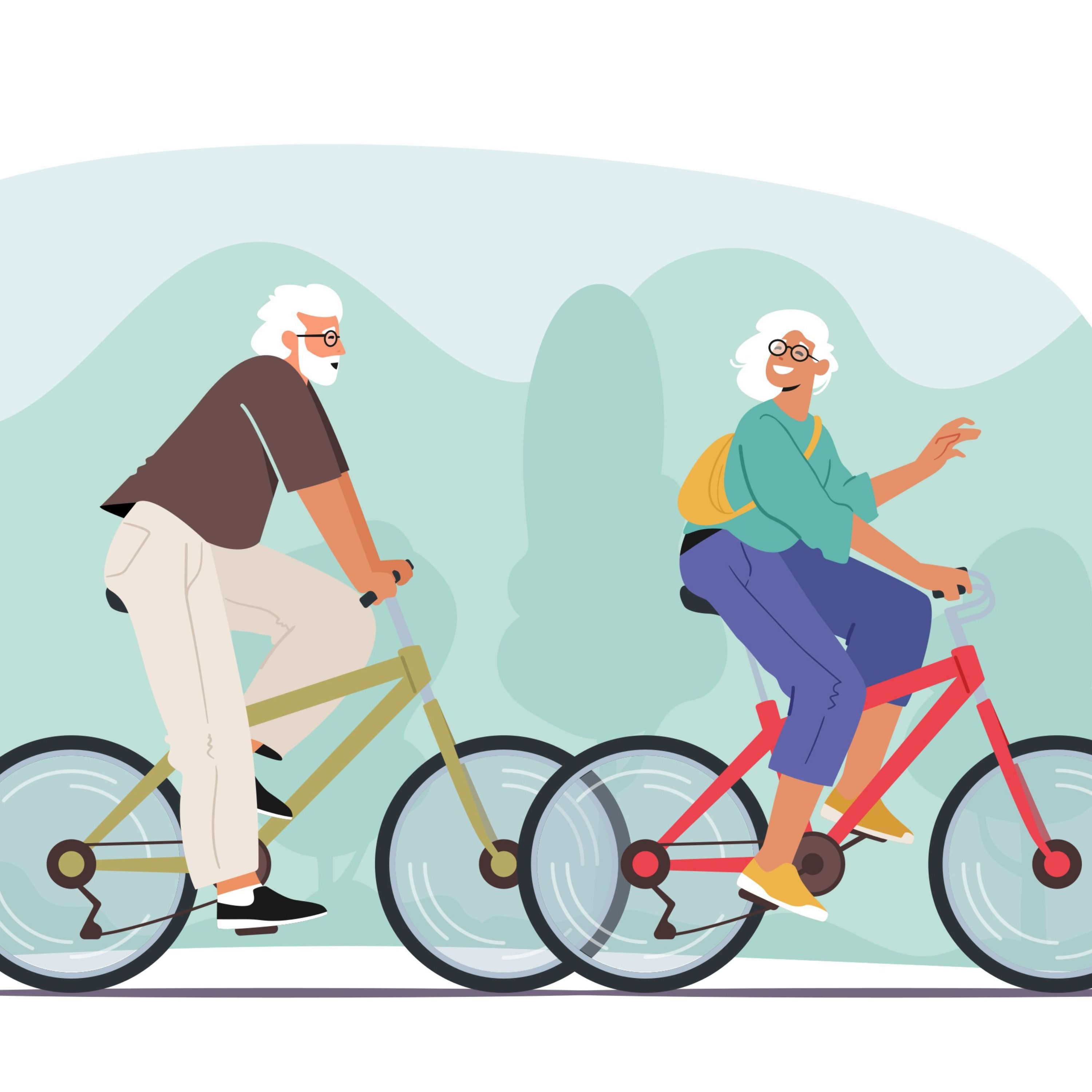
There's no magic potion that can make someone adore you. But there are things you can do to promote a deep and enduring connection — and even feelings of passion — between yourself and your partner. In the final chapter of our Relationships 2.0 series, psychologist Arthur Aron shares some techniques for falling and staying in love.
In today's conversation, we explore:
*The assumption that love fades over time.
*The effects of daily routine on romantic relationships.
*What our choice in a romantic partners says about us
*How successful long-term couples keep love...
Relationships 2.0: Why Did You Do That? + Your Questions Answered: Fred Luskin on Grudges

As we go through life, we’re constantly trying to figure out what other people are thinking and feeling. Psychologist Liane Young says this ability to assess other people’s thoughts is an extraordinary feat of cognition. This week, in a favorite episode from our archives, we explore this mental superpower — and how it can lead us astray.
In our conversation with Liane Young, we explore:
*The uniquely human ability to think about the minds of other people, which scientists refer to as "theory of mind."
*How and when young children develop this ability to i...
Relationships 2.0: The Power of Tiny Interactions + Your Questions Answered: Erica Bailey on Authenticity

As you go about your day, you likely interact with family, friends and coworkers. These relationships can help you feel cared for and connected. But what if there’s a whole category of people in your life whose impact is overlooked? Today, in a favorite episode from our archives, psychologist Gillian Sandstrom reveals some simple ways to make your life a little more joyful and maybe even a little less lonely. Then, we talk with researcher Erica Bailey, who responds to listeners' questions about authenticity and how to reveal our true selves to the people around us.
In...
Relationships 2.0: Become a Better Negotiator

When we head into a negotiation — whether we're asking for a raise or trying to get our spouse to do the dishes — our focus is usually on getting the other person to agree to our preferred outcome. What we don't focus on are our own biases and blind spots. Behavioral scientist Max Bazerman studies the theory and practice of negotiation, and he says that paying attention to these biases can help us to craft better deals.
Do you have a follow-up question after listening to this episode? If you'd be comfortable sharing your question with the Hidden Brain...
Relationships 2.0: The Price of Disconnection

All of us want to "seen" by the people around us. We want to be recognized as unique individuals. Yet the experience of being seen in this way can be dispiritingly rare. This week, we kick off our "Relationships 2.0" series by talking with researcher Allison Pugh about the psychological benefits of what she calls "connective labor." She explains why this labor is often overlooked, and how to cultivate the superpower of making other people feel seen.
In this episode, you'll learn:
*The definition of connective labor, and why this skill is like "engine grease" for ou...
The Moments that Change Us

Often in life, we find ourselves wrestling with a decision. But in running these mental calculations, there's something we rarely consider about the future: we might not be the same person when we get there. This week, philosopher L.A. Paul explores how life-altering events reshape who we are.
Want more of our work on understanding your future self? Give these Hidden Brain episodes a listen:
https://hiddenbrain.org/podcast/you-2-0-how-to-see-yourself-clearly/
https://hiddenbrain.org/podcast/you-2-0-decide-already/
https://hiddenbrain.org/podcast/you-2-0-your-future-is-now/
https://hiddenbrain.o...
Did I Really Do That?

Have you ever been falsely accused of something? Many of us think there’s only one way we’d act in such a situation: we’d defend ourselves. We’d do whatever it takes to clear our name — and above all else, we’d never, ever confess to something we didn’t do. But psychologist Saul Kassin says that’s a myth. This week, we bring you a favorite 2022 episode about why we sometimes act against our own self-interest — even when the stakes are at their highest.
In this week's episode, you'll learn about:
Why we often freeze and f...